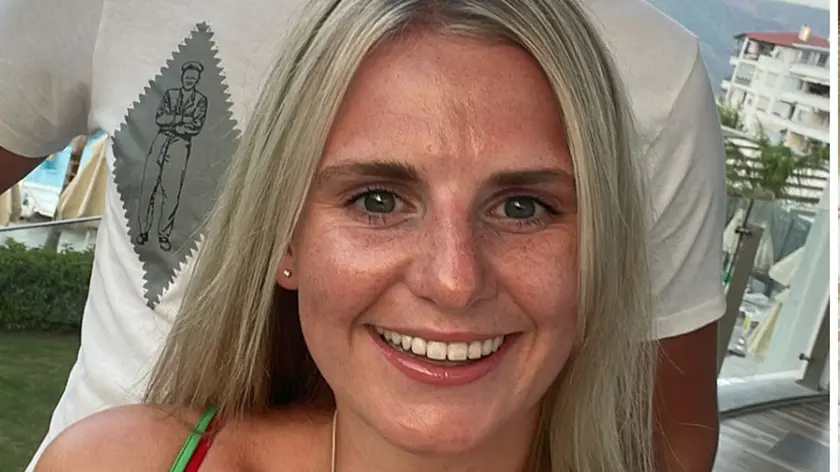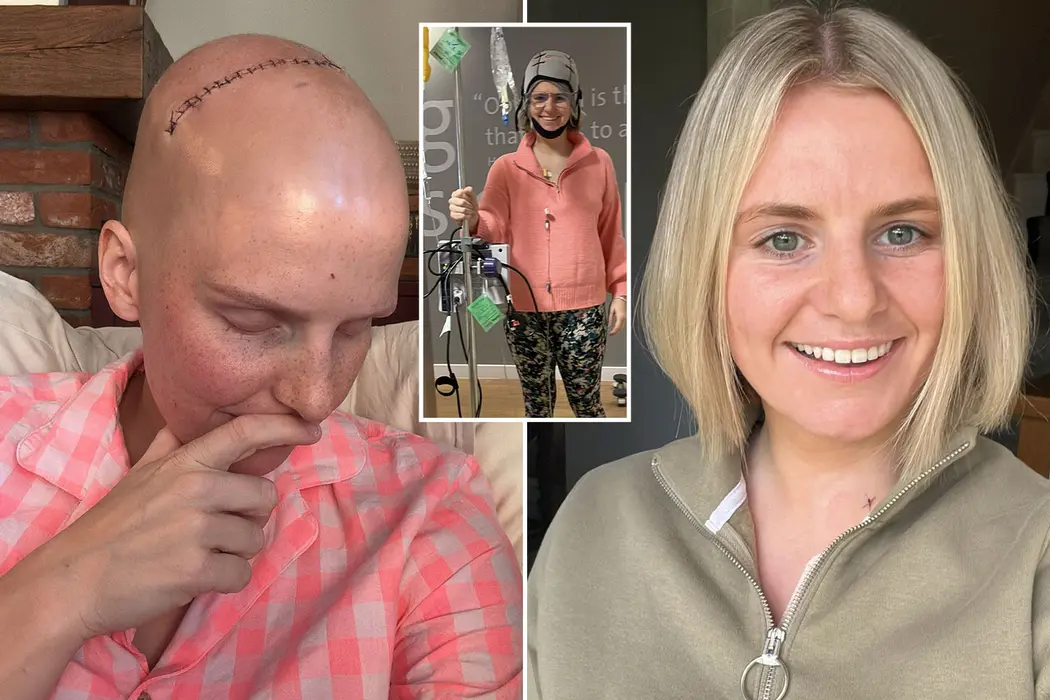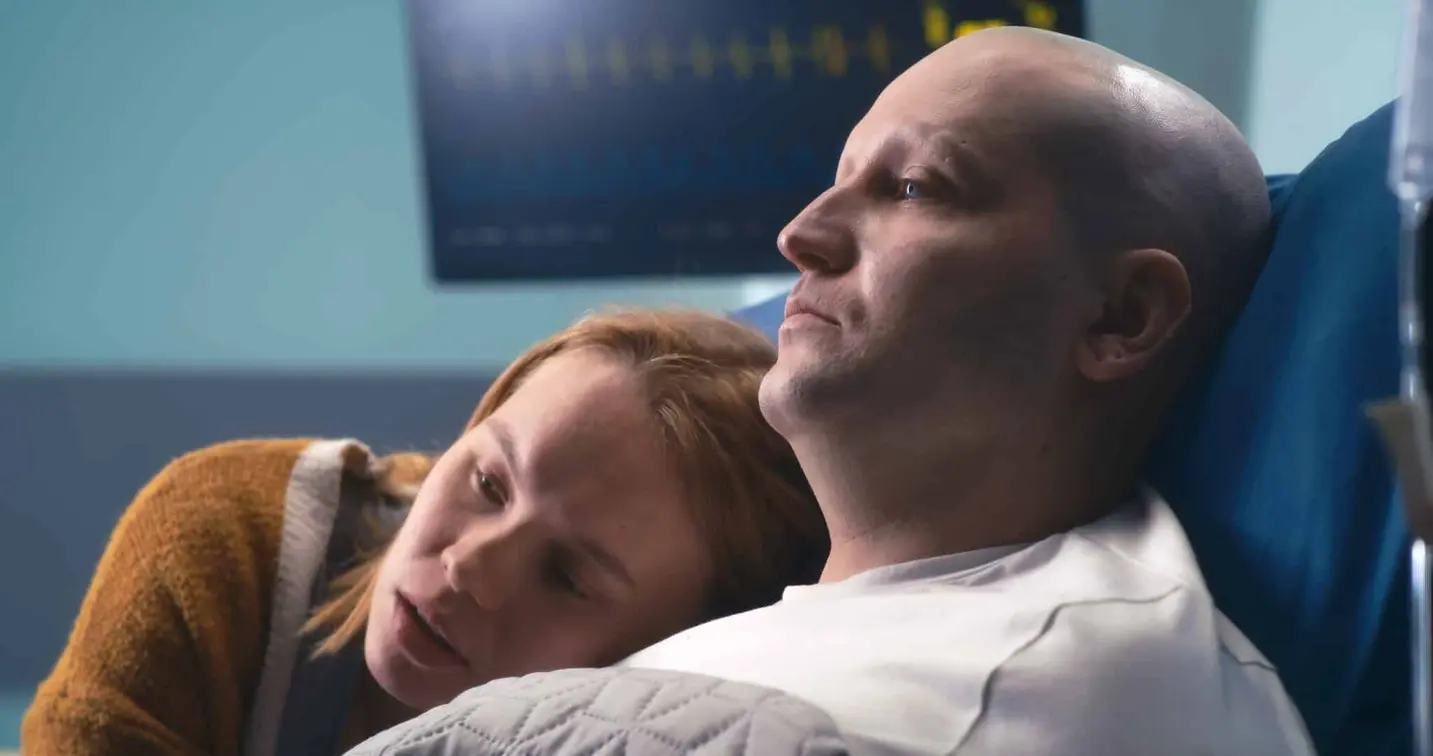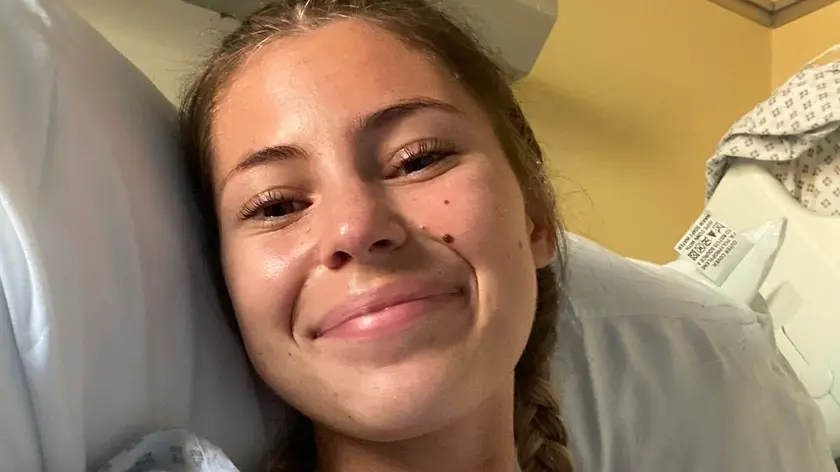T4K3.news
Misdiagnosis delays treatment in a young breast cancer patient
A 24-year-old woman faced a delayed diagnosis after being told she was too young for cancer, leading to progression to the brain and lungs.

Alice Greaves, 24, faced initial reassurance that she was too young for cancer, a misdiagnosis that allowed the disease to progress to the brain and lungs.
Misdiagnosis delays treatment in a young breast cancer patient
Alice Greaves from near Leicester discovered a lump in November 2022. A GP told her she was too young for breast cancer and did not examine the lump, attributing it to the pectoral muscle. After a friend was diagnosed with breast cancer, she returned to the practice and received a physical examination in February 2023. She was diagnosed with stage three breast cancer a week later, after using private medical insurance. Chemotherapy began in March 2023, followed by a double mastectomy in August 2023. A total of 16 chemo rounds occurred before the cancer progressed to stage four, spreading to the lungs in May 2024 and later to the brain in March 2025, prompting emergency brain surgery in June. As of July 2025 she is recovering and awaiting scans to confirm the disease status.
A NHS spokesperson said the service cannot discuss individual cases but urged people to seek checkups if they have concerns, stressing that early treatment improves outcomes. The case raises questions about how age and symptom presentation influence initial assessments and how private insurance can affect speed of diagnosis.
Key Takeaways
"No one should be told they are too young for cancer"
Alice on initial medical dismissal
"Trust your gut and push for a check when something feels wrong"
Advice derived from Alice's experience
"Early diagnosis can change outcomes dramatically"
Official guidance reflected in coverage
Experts note this case highlights potential age bias in initial cancer assessments and the risks of gatekeeping in medical practice. Delays in examination can turn a treatable condition into a complex, life threatening one. The uneven access to rapid testing through private insurance suggests a wider gap in timely care across the system. The patient story underscores the need for clearer guidelines and for doctors to listen to patients who insist on further evaluation.
Looking ahead, policymakers and clinicians face a choice: improve frontline screening for younger patients and ensure equal access to swift diagnostics, or risk eroding public trust as patients feel unheard.
Highlights
- Trust your gut and push for a check when something feels wrong
- No one should be told they are too young for cancer
- Early checks save lives and reduce treatment burden
- Listen to patients and validate their concerns rather than labels
Misdiagnosis raises concerns about access and accountability
The story points to potential gaps in initial assessments for younger patients and questions how access to faster testing via private means may affect outcomes. It also touches on public reaction and political debate about healthcare access and budget implications.
The case invites a listening stance from care providers and a steadier path to diagnosis for all ages.
Enjoyed this? Let your friends know!
Related News

Missed early cancer checks trigger calls for faster diagnosis

Rising cancer rates in young women

Victoria Collins diagnosed with stage three bowel cancer at 40

Young woman diagnosed with stage four colon cancer after misdiagnosis

Young woman diagnosed with cancer after years of misdiagnosis

Young Americans face higher rectal cancer risk

Young patient misdiagnosed delays Hodgkin lymphoma diagnosis

New mastectomy guidelines proposed
